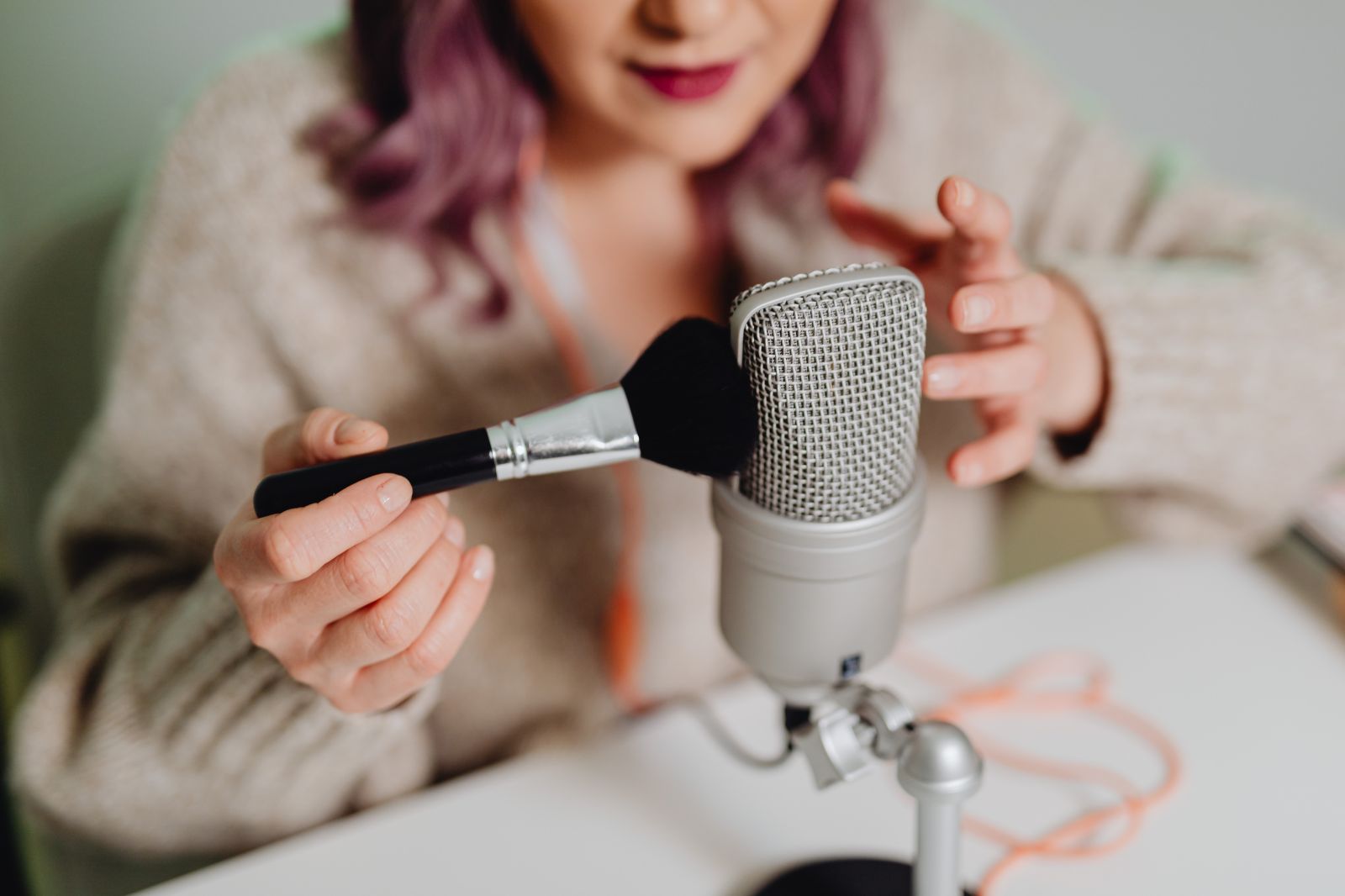Does ASMR Help You Sleep? Here’s What Experts Say

In recent years, Autonomous Sensory Meridian Response (ASMR) has gained significant popularity. Countless people turn to this phenomenon to relax and improve their sleep. ASMR involves experiencing a tingling sensation, typically triggered by specific sounds or visual stimuli, which many find soothing. But does ASMR help you sleep better? This blog delves into the science behind ASMR and its potential impact on sleep quality.
What Is ASMR?
ASMR is a term used to describe the pleasant sensation some people experience in response to certain auditory or visual stimuli. These stimuli, known as ASMR triggers, include soft-spoken voices, tapping sounds, gentle scratching, and other subtle noises. The sensation usually starts on the scalp and can travel down the neck and spine.
While ASMR is not a universally experienced phenomenon, those who do experience it often describe it as deeply calming, and it sometimes even leads to a feeling of euphoria. This response is believed to be connected to the release of calming neurotransmitters in the brain, similar to the effects of other relaxing activities like listening to soothing music or engaging in mindfulness exercises.
The Science Behind ASMR and Sleep
Researchers are increasingly interested in understanding how ASMR affects sleep and relaxation. While the field is still relatively new, several studies and expert opinions provide insights into its potential benefits.
ASMR and Relaxation
One of the primary ways ASMR may aid sleep is through its ability to promote relaxation. According to Dr. Craig Richard, a professor at Shenandoah University and the author of Brain Tingles, ASMR can significantly reduce stress and anxiety levels. This is because ASMR triggers often involve gentle, repetitive sounds that can induce a state of calm similar to meditation. By calming the nervous system and reducing anxiety, the relaxation induced by ASMR may help individuals wind down after a stressful day.
ASMR and Sleep Quality
A study published in the journal PLOS One in 2018 investigated the effects of ASMR on sleep quality. The study found that participants who experienced ASMR reported better sleep quality and increased feelings of relaxation compared to those who did not experience ASMR. The researchers concluded that ASMR could potentially be a useful tool for improving sleep in individuals who respond positively to it.
Additionally, Dr. Richard notes that ASMR content often involves structured, deliberate, and gentle sounds, which can help establish a calming pre-sleep routine. Engaging with ASMR videos or audio recordings before bed can signal to the body that it’s time to wind down.
Individual Differences
It’s important to recognize that ASMR doesn’t affect everyone in the same way. For individuals who do experience ASMR, finding the right ASMR triggers can be a matter of trial and error. While many people find ASMR videos and sounds incredibly soothing, others might not experience any ASMR response at all. According to a 2015 study published in Social Psychological and Personality Science, about 20% of people do not experience ASMR. Alternative relaxation techniques may be more effective for those who do not respond to ASMR.
Practical Tips for Using ASMR to Improve Sleep
If you’re interested in trying ASMR to enhance your sleep, here are some practical tips:
- Explore Different Triggers: Experiment with various ASMR triggers to find what works best for you. This could include gentle whispering, tapping, brushing, or other soothing sounds.
- Create a Routine: Incorporate ASMR into your pre-sleep routine. Listening to ASMR content about 30 minutes before bed can help signal to your body that it’s time to sleep.
- Use Quality Equipment: Invest in good-quality headphones or speakers to fully experience the subtle sounds of ASMR. Clear audio can enhance the effectiveness of the triggers.
- Set Up a Relaxing Environment: Ensure your sleep environment is conducive to relaxation. A dark, quiet, and comfortable space can complement the calming effects of ASMR.
Conclusion
ASMR has emerged as a popular method for promoting relaxation. While scientific research on ASMR is still evolving, early studies and expert opinions suggest that ASMR can be an effective tool for enhancing sleep. As with any relaxation technique, individual responses vary, so it may take some experimentation to find what works best for you. If you’re looking for a new approach to improving your sleep, exploring ASMR could be something to look into.
Why Trust Us?
At The Sleeping Institute, we're dedicated to transparency, impartiality, and accuracy in every article we publish. Our reviews are based on comprehensive analysis and firsthand experience. Staying current with the latest advancements in sleep technology, we offer up-to-date, reliable, and unbiased information to help you make informed decisions for a better night's rest. Let us be your trusted guide in the ever-evolving world of sleep technology!